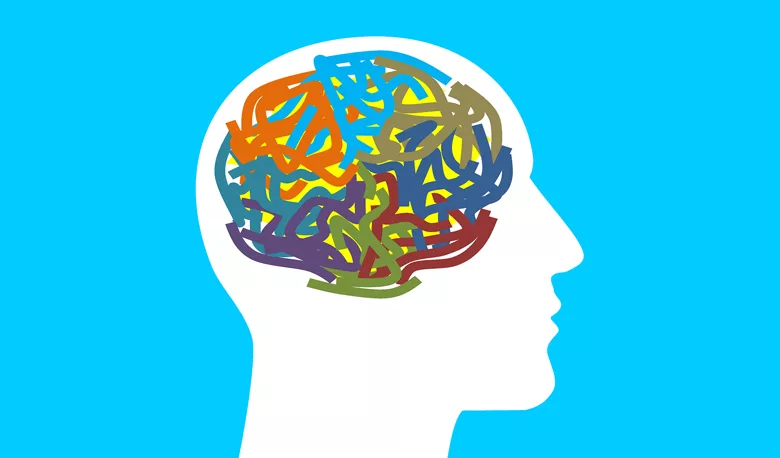Tai Chi: A New Treatment for Dementia

 Dementia is an umbrella term for several different kinds of cognitive impairment that can begin to affect memory around the age of 50. Even though we may joke about juggling fewer tasks, processing information more slowly, or finding it difficult to focus on details, life may grow more frustrating for ourselves or our loved ones.
Dementia is an umbrella term for several different kinds of cognitive impairment that can begin to affect memory around the age of 50. Even though we may joke about juggling fewer tasks, processing information more slowly, or finding it difficult to focus on details, life may grow more frustrating for ourselves or our loved ones.
More and more research, however, finds that the brain continues to grow new cells, make new connections, or even increase in size throughout our life span. Harvard Medical School has conducted multiple studies on the effects exercise and social relationships have on brain function.
Tai Chi has shown the most significant improvements in brain function and lessening of dementia symptoms. Confirmed by MRI images, brain volume increased the most in Tai Chi groups.
In addition to brain volume, Tai Chi groups performed better on cognitive tests, felt more confident, and reported feeling happier and calmer. The Journal of Clinical Psychiatry even suggested that Tai Chi could be an effective treatment for depression without the use of drugs or psychotherapy.
According to the Harvard studies, Tai Chi slowed the progression to dementia more than any other form of exercise and improved the ability to multitask, manage time, and make decisions.
The gift in Tai Chi is its ability to move the body gently, calm the mind, oxygenate the brain, and stimulate the parasympathetic nervous system which is operating when our body is in its healthiest state.
Find your Tai Chi social groups at the JCC, or contact me for private lessons with your own chosen groups at home.






